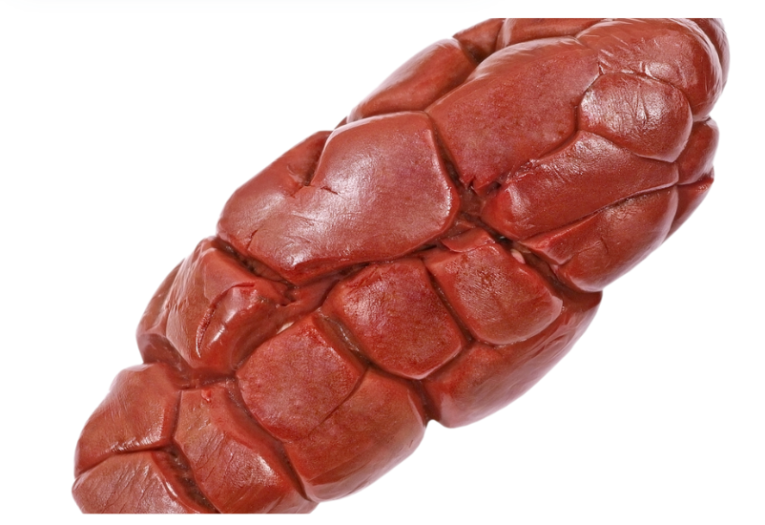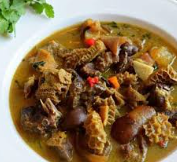Uziza -per pack(Subscriber price only)
Description
Uziza (Piper guineense) is a fragrant, peppery leaf and seed plant native to West Africa. The leaves have a slightly bitter and spicy taste, while the seeds are pungent with a distinct aroma. In Nigerian cooking, the leaves are used fresh or dried to add depth and spice to soups and stews.
Sources
Primarily cultivated in Southeastern Nigeria, especially in states like Enugu, Abia, Imo, Anambra, and Ebonyi.
Health benefits
-
Aids digestion – helps relieve constipation and bloating.
-
Anti-inflammatory – soothes body pains and inflammation.
-
Boosts immunity – contains vitamins, minerals, and essential oils that fight infections.
-
Improves reproductive health – traditionally believed to boost fertility and sexual health.
-
Rich in dietary fiber – supports gut health.
Common soups you can use it for
-
Nsala Soup (White Soup)
-
Oha Soup
-
Pepper Soup
-
Egusi Soup (especially the Southeastern variation)
-
Okra Soup with mixed leaves
TETE (Local Green Spinach) – per pack (Subscriber price only)
Description
Tete, also called African spinach or amaranth leaves, is native to Africa and Asia. It has been cultivated in Nigeria for centuries and is a staple green vegetable in many traditional dishes.
Sources
Oyo, Ogun
Health benefits
-
Rich in iron – helps prevent anemia and boost energy.
-
High in vitamins A and C – supports vision, immunity, and healthy skin.
-
Good source of dietary fiber – aids digestion and supports gut health.
-
Contains calcium – important for strong bones and teeth.
-
Low in calories – great for weight management.
Common soups you can use it for
-
Efo Riro (Yoruba vegetable stew)
-
Efo Elegusi (vegetable with melon seed soup)
-
Ogbono Soup (as an added leafy green)
-
Okra Soup
-
Mixed Vegetable Stew
Scent leaves -Efirin – per pack (Subscriber price only)
Description
Scent leaf, scientifically known as Ocimum gratissimum, is a highly aromatic herb widely used in Nigerian cooking for its strong, pleasant fragrance and flavor. Known as Efinrin in Yoruba, Nchanwu in Igbo, and Daidoya in Hausa, it adds a unique taste to soups, stews, and sauces. Aside from its culinary role, scent leaf is also valued for its medicinal and health-boosting properties in traditional medicine.
Sources
Grown across Nigeria, particularly in home gardens and farms in the South-West, South-East, and Middle Belt regions. It thrives in both the rainy and dry seasons.
Health Benefits
-
Boosts immunity due to its rich content of vitamins and antioxidants.
-
Aids digestion and helps relieve bloating and stomach discomfort.
-
Antibacterial and antifungal properties help fight infections.
-
Helps regulate blood sugar when consumed regularly.
-
Relieves cough and cold when boiled and taken as herbal tea.
Common soups or dishes you can use it for
-
Pepper soup
-
Yam porridge
-
Ofada sauce (Ayamase)
-
Vegetable sauce for rice or yam
-
Ogbono soup (for added flavor)










